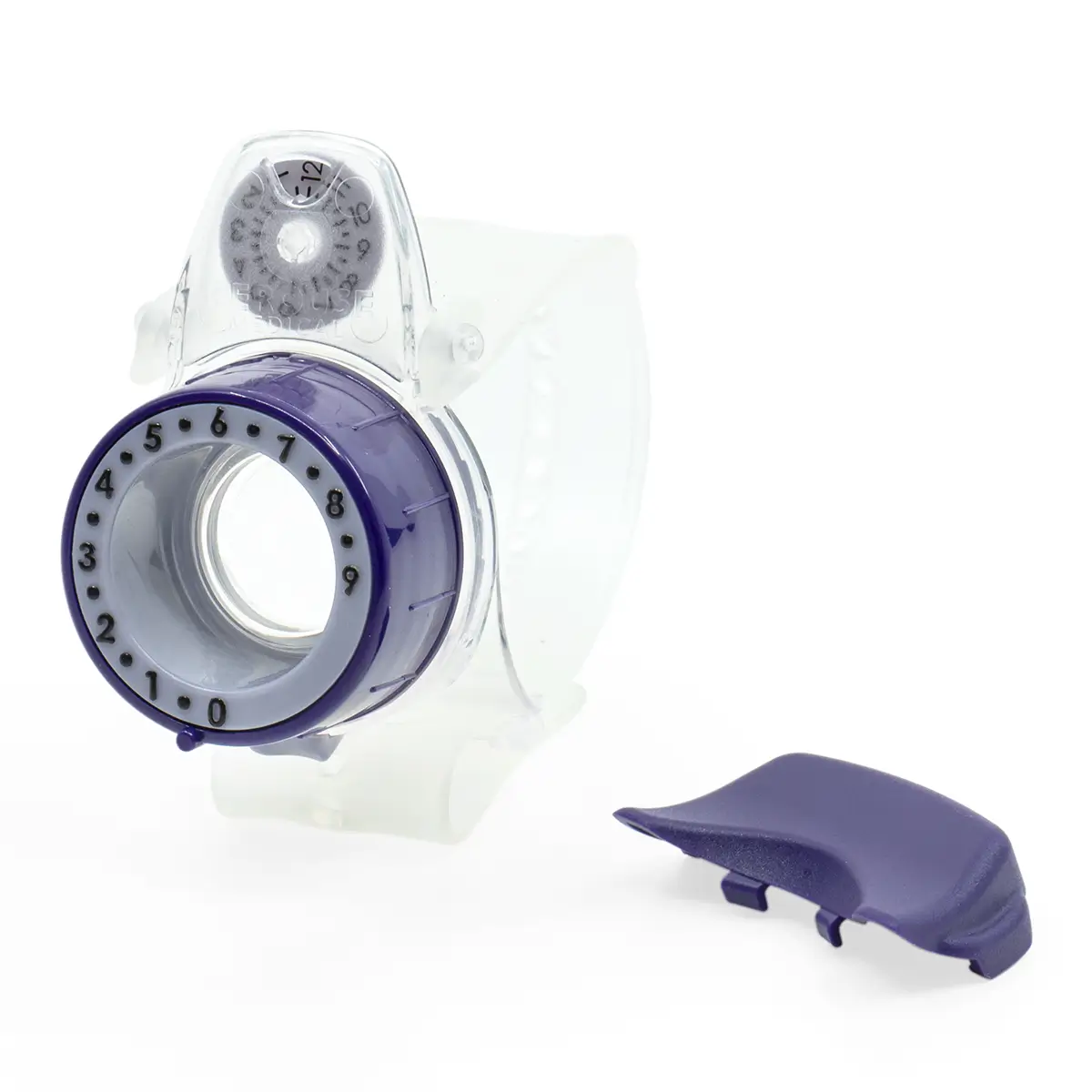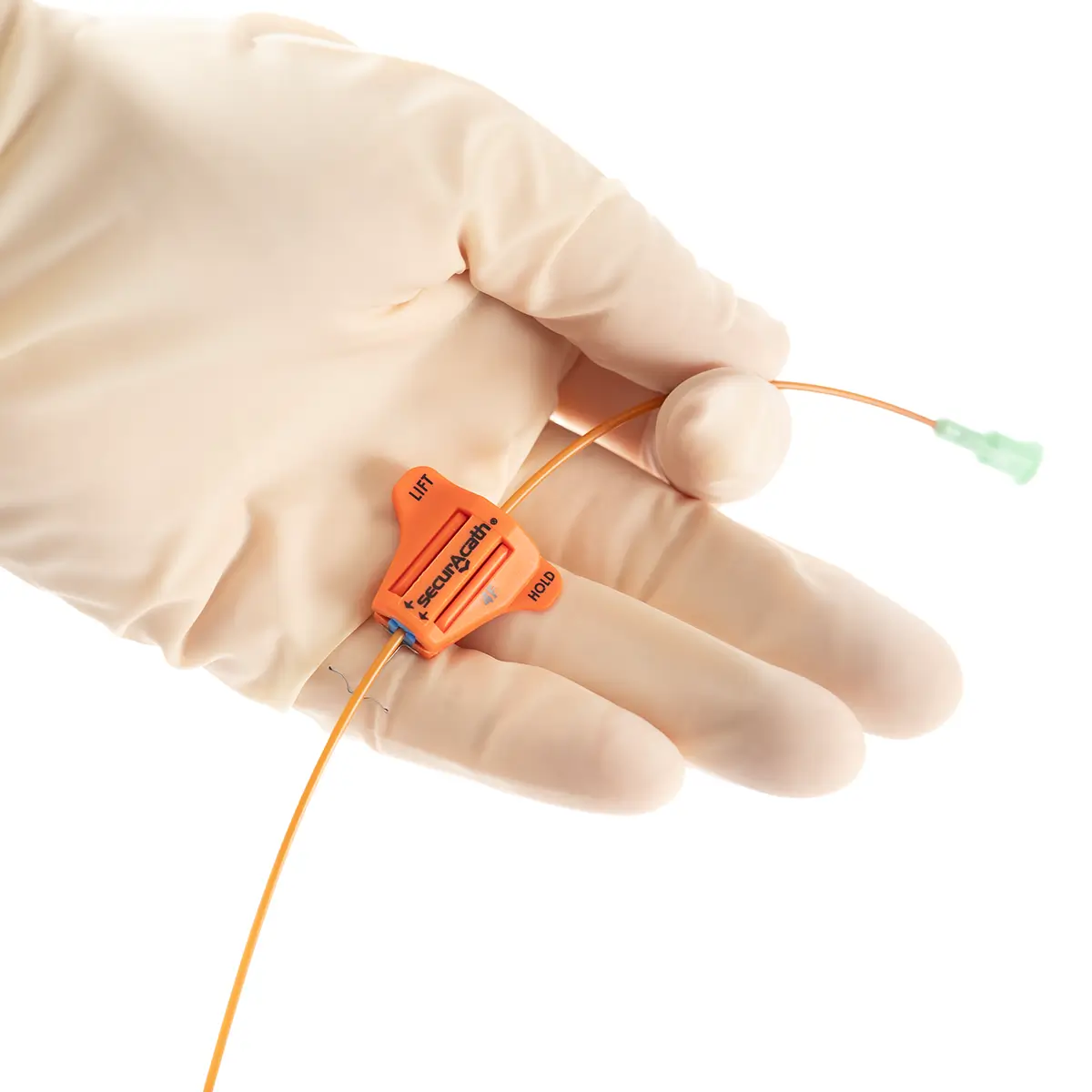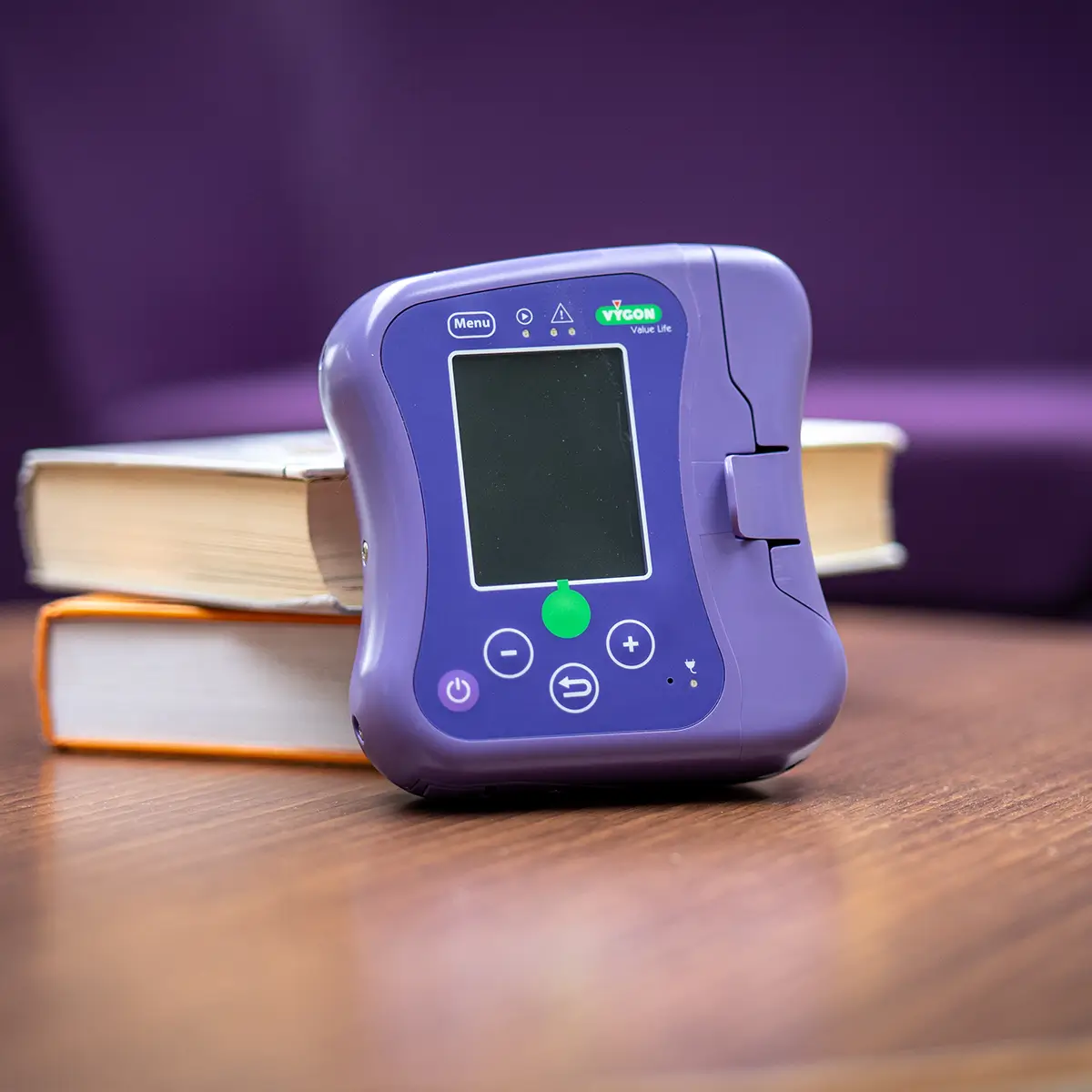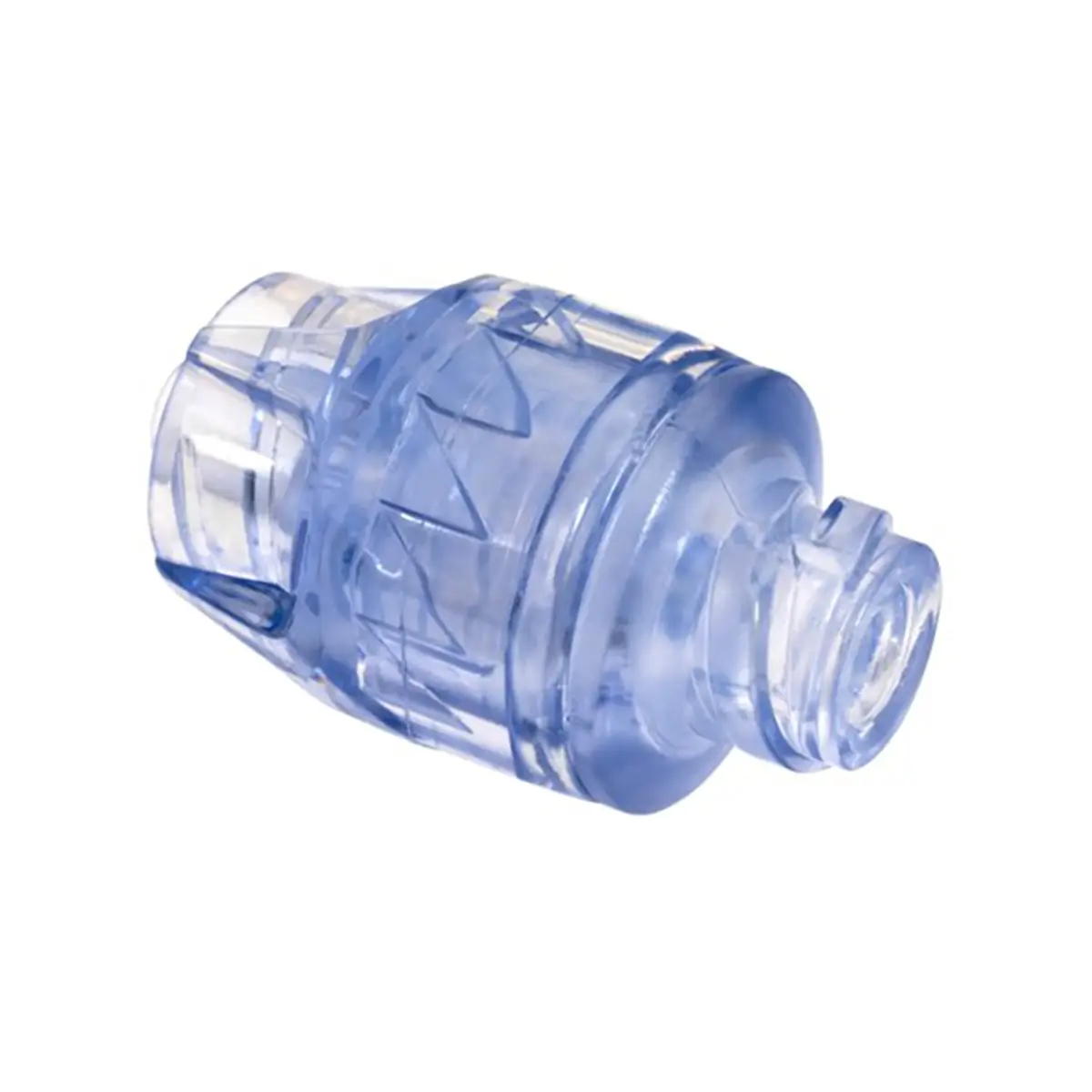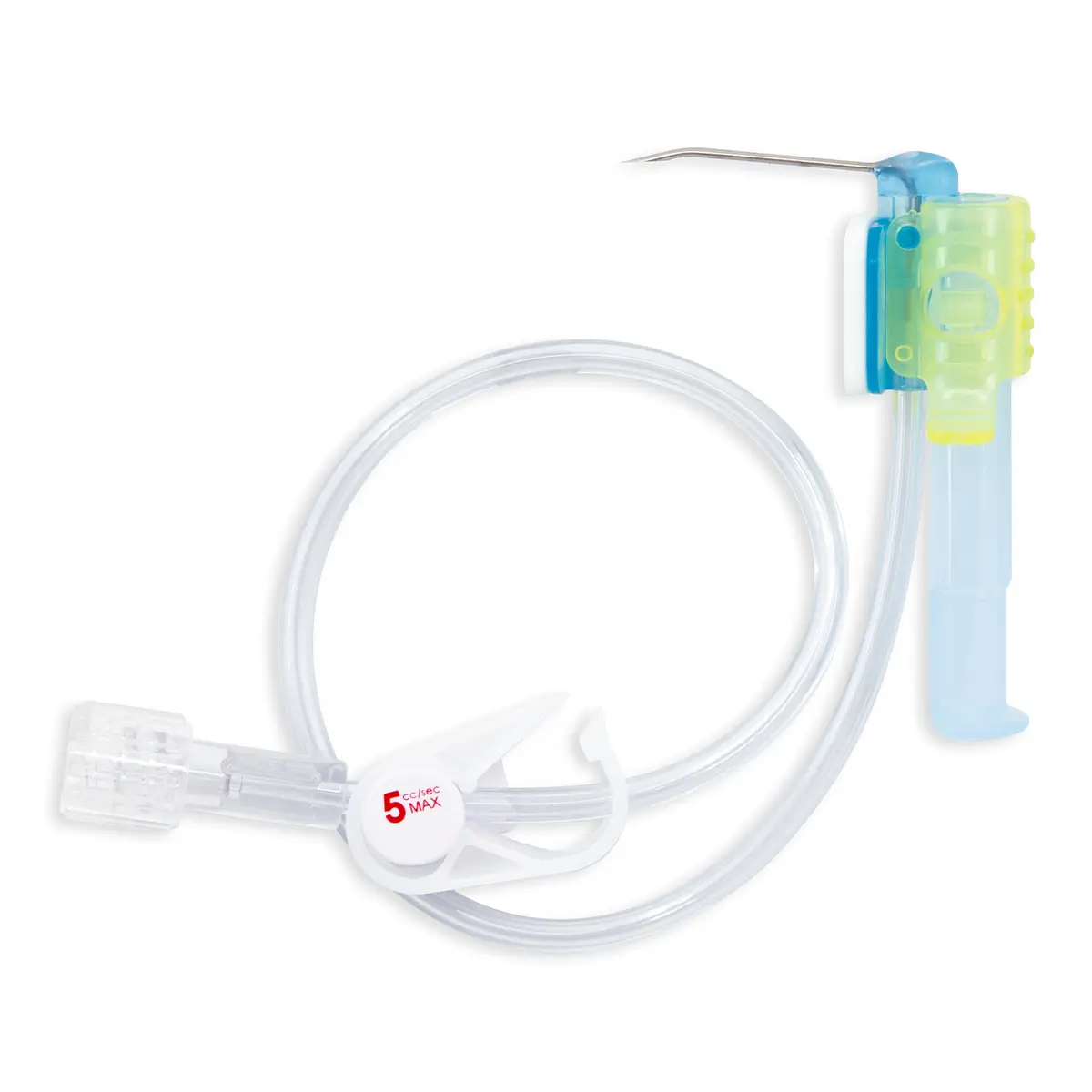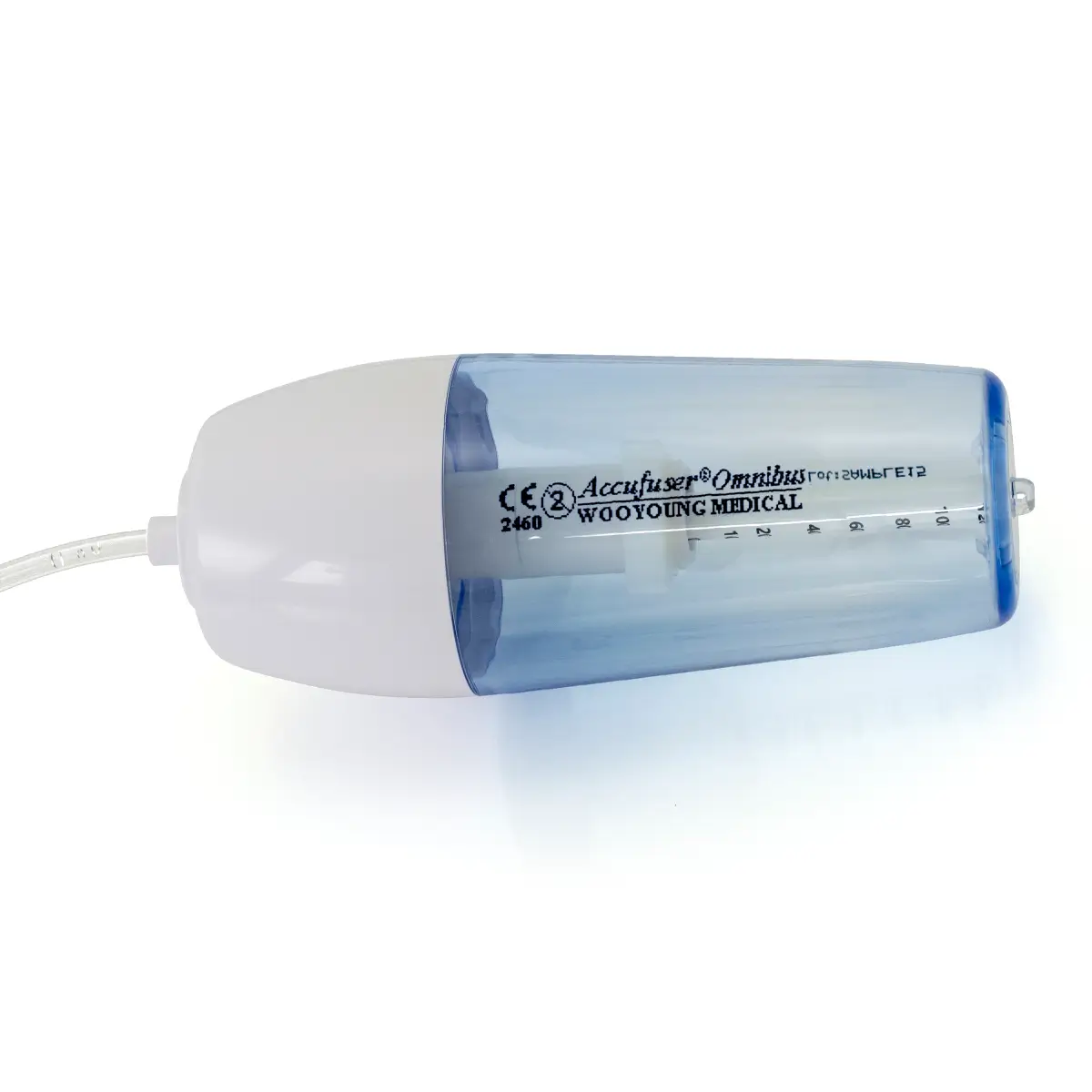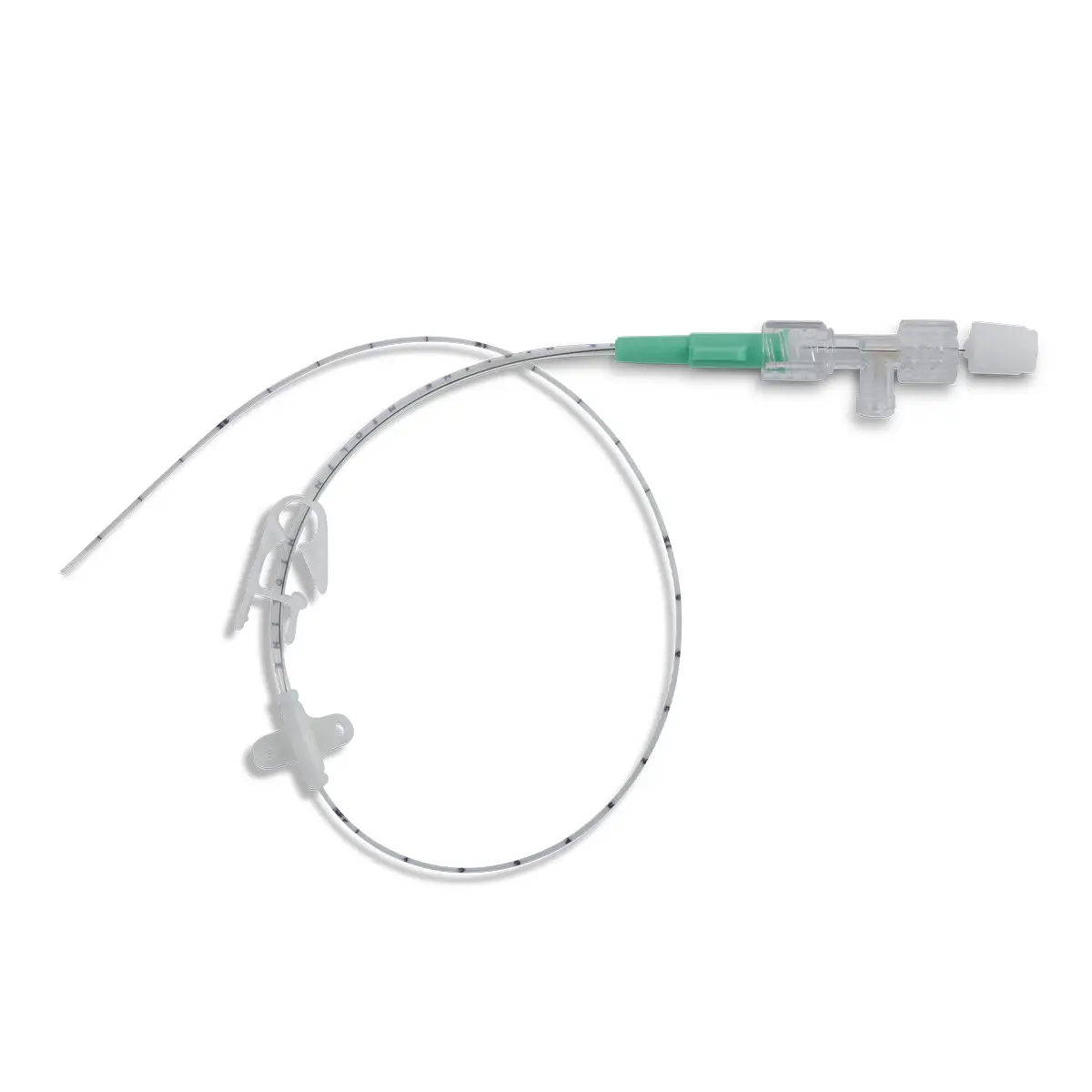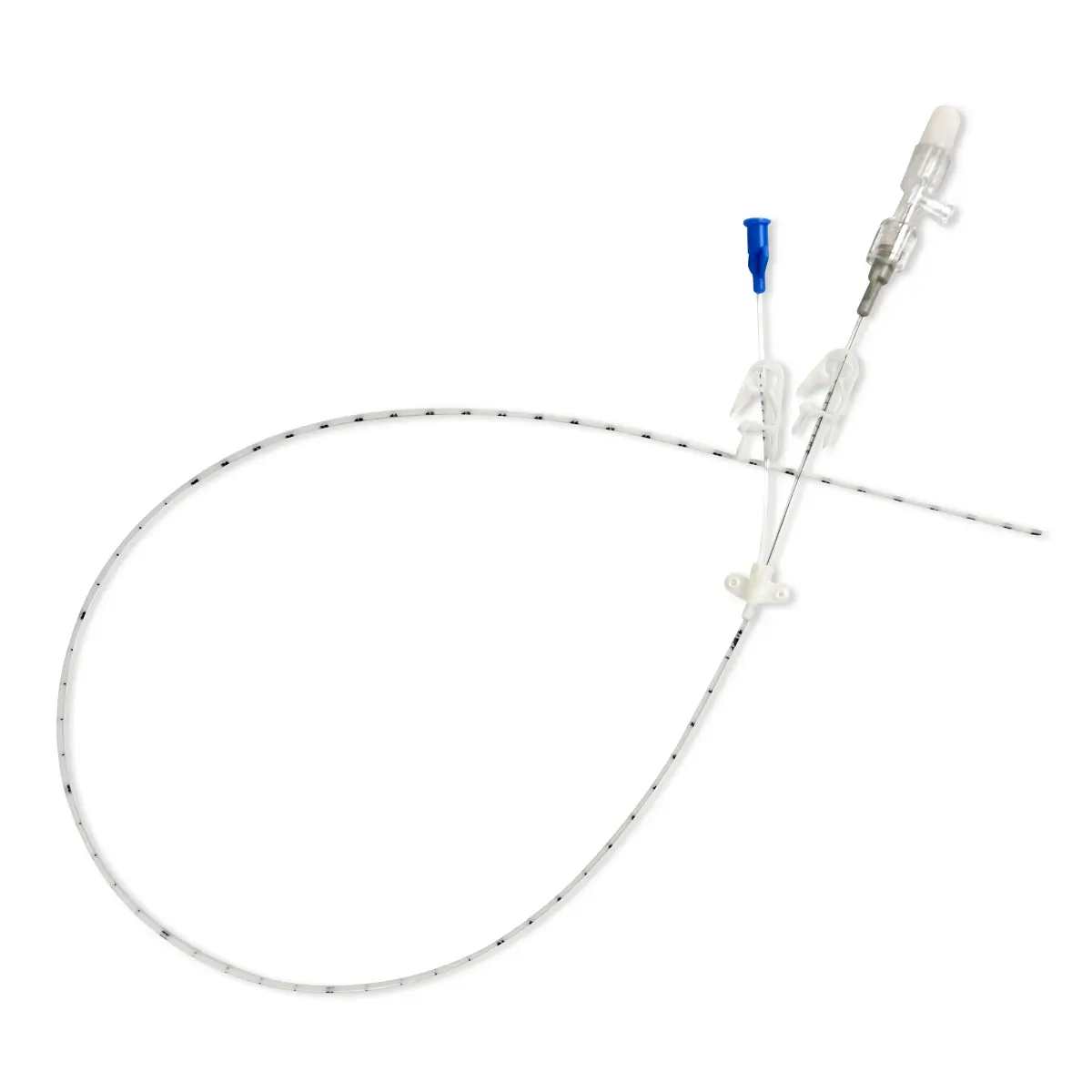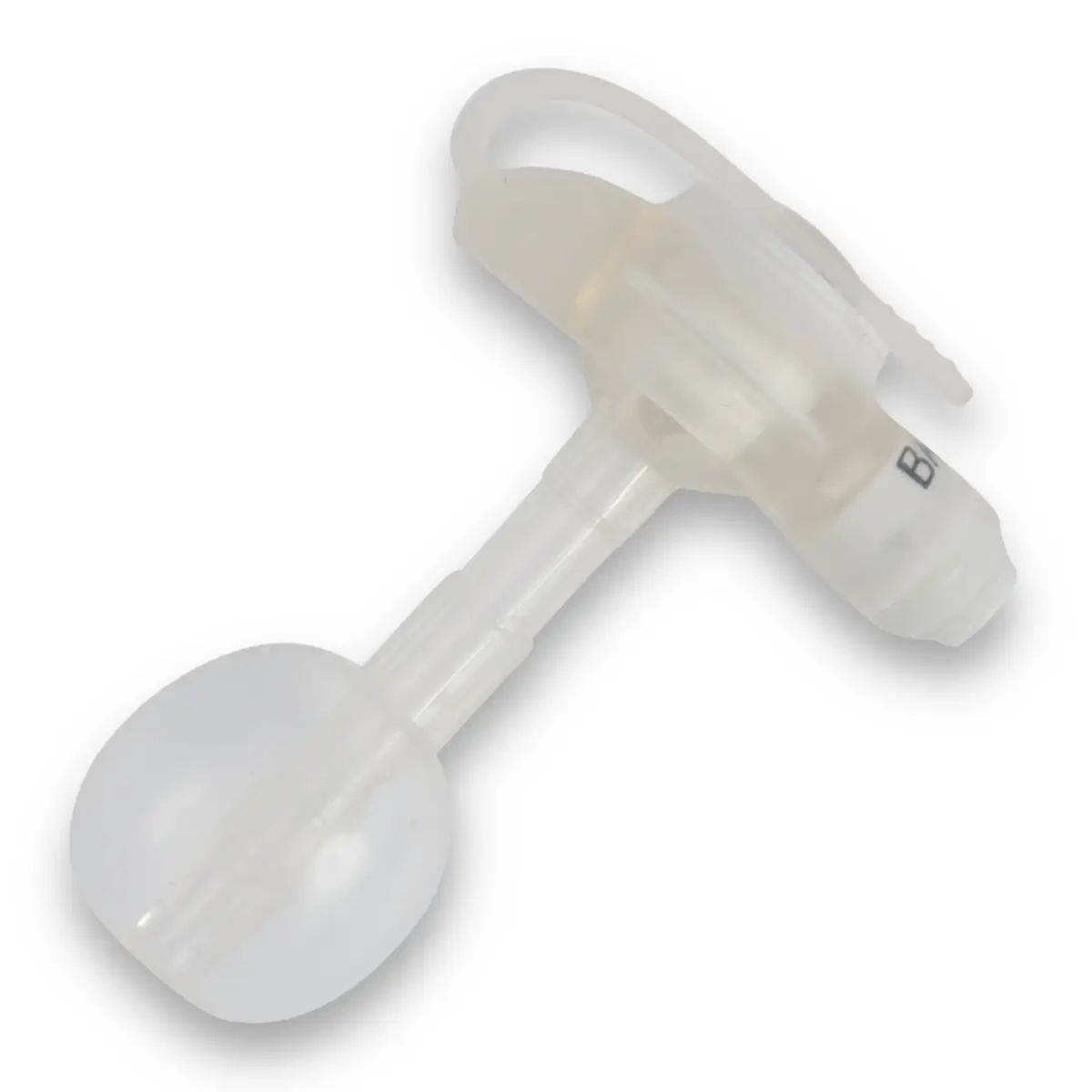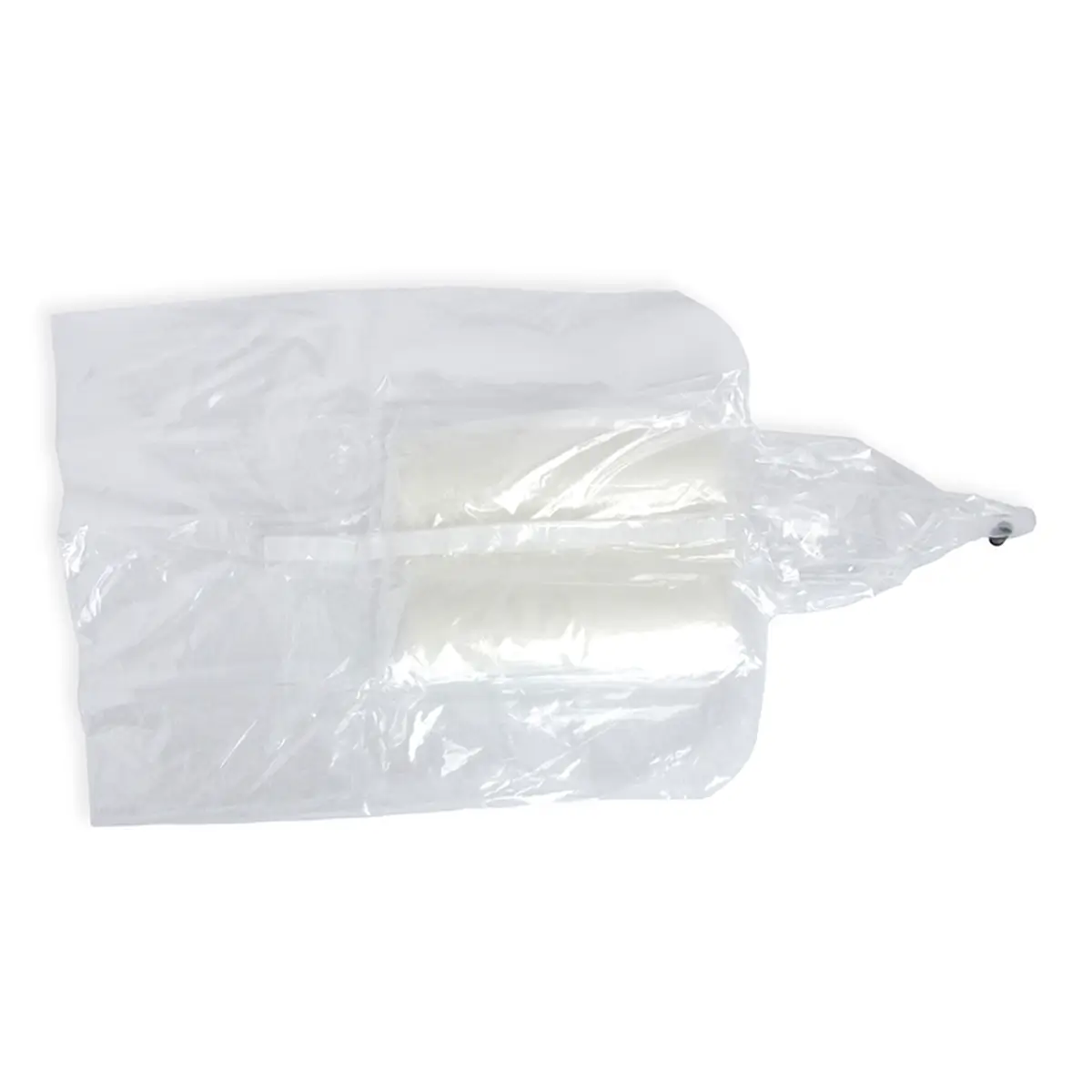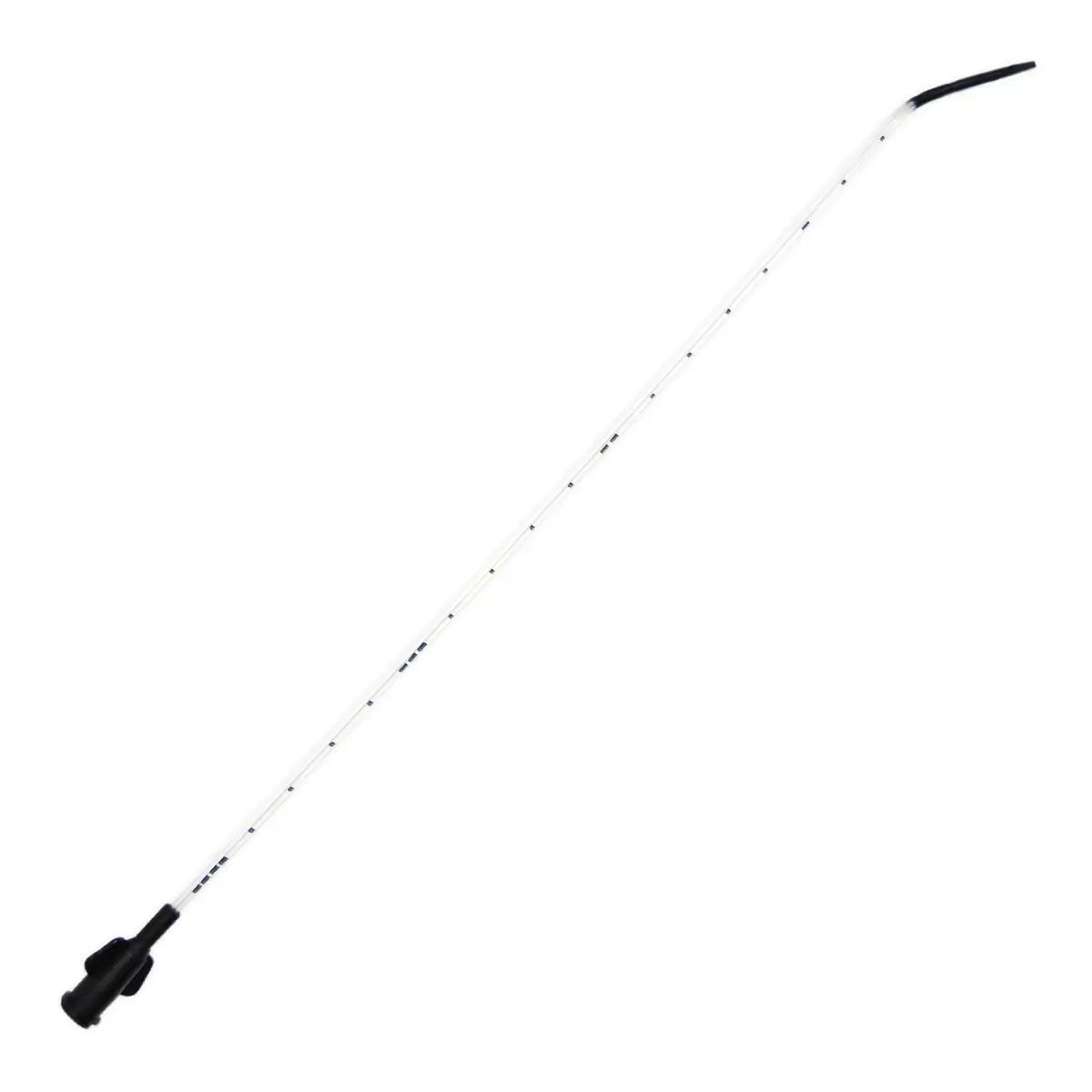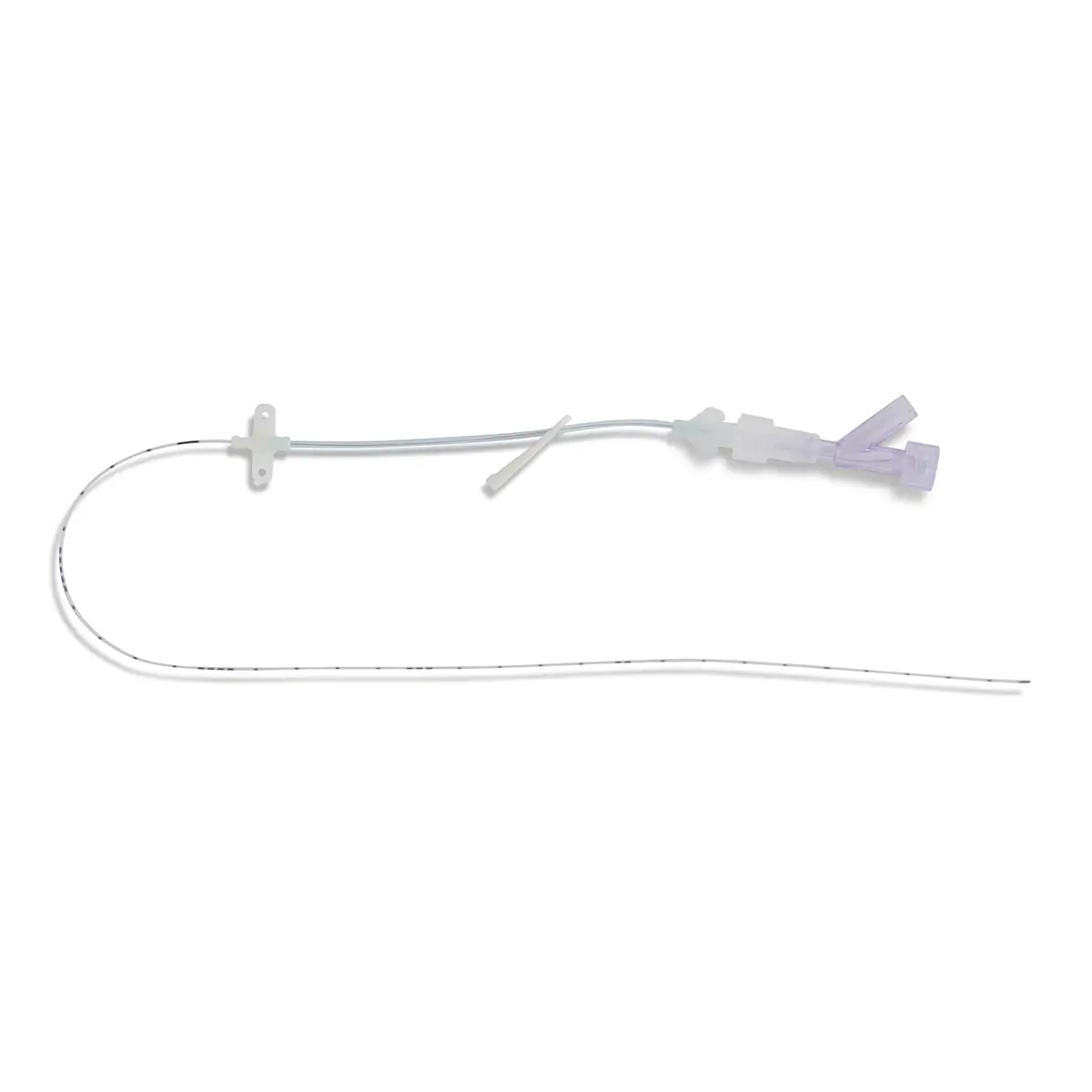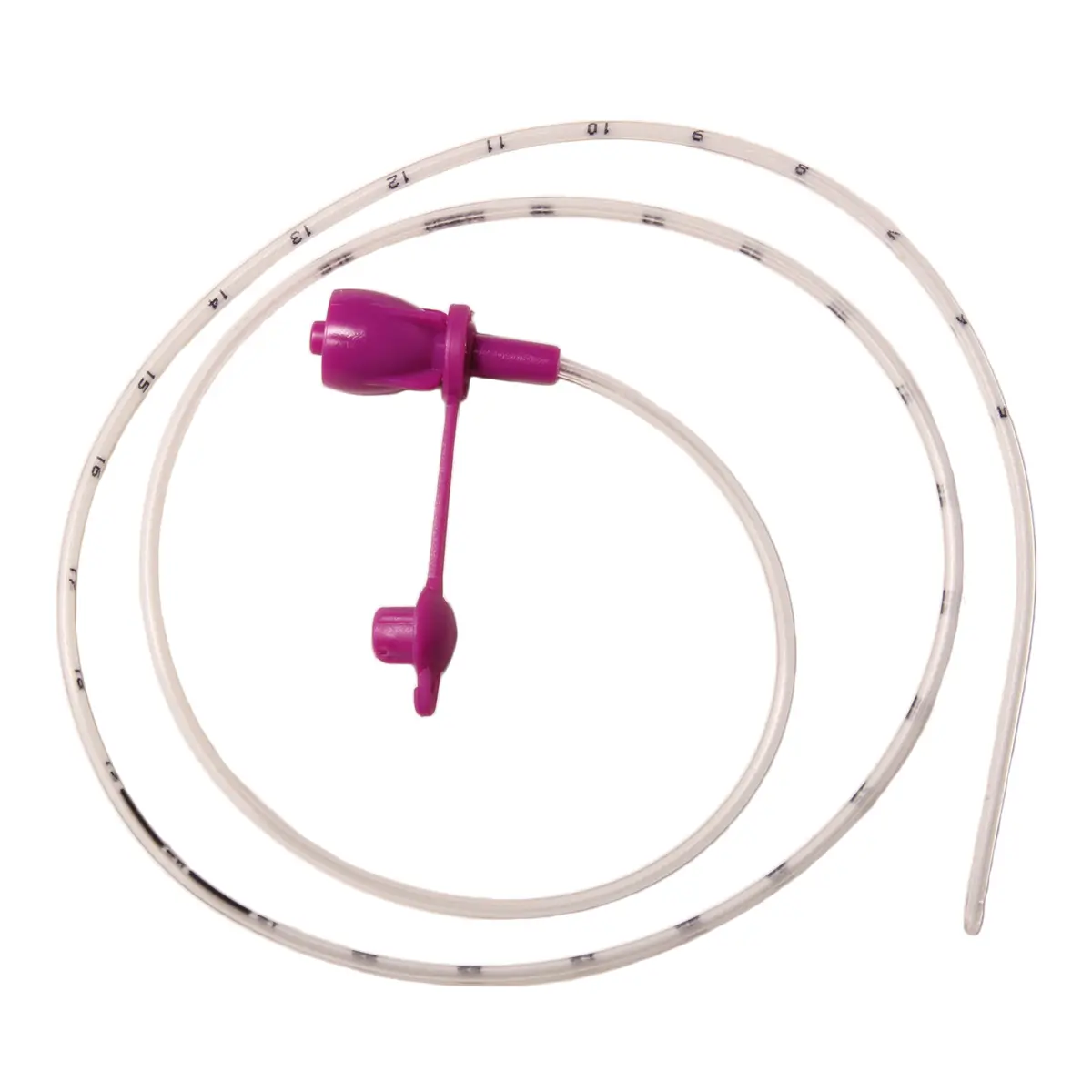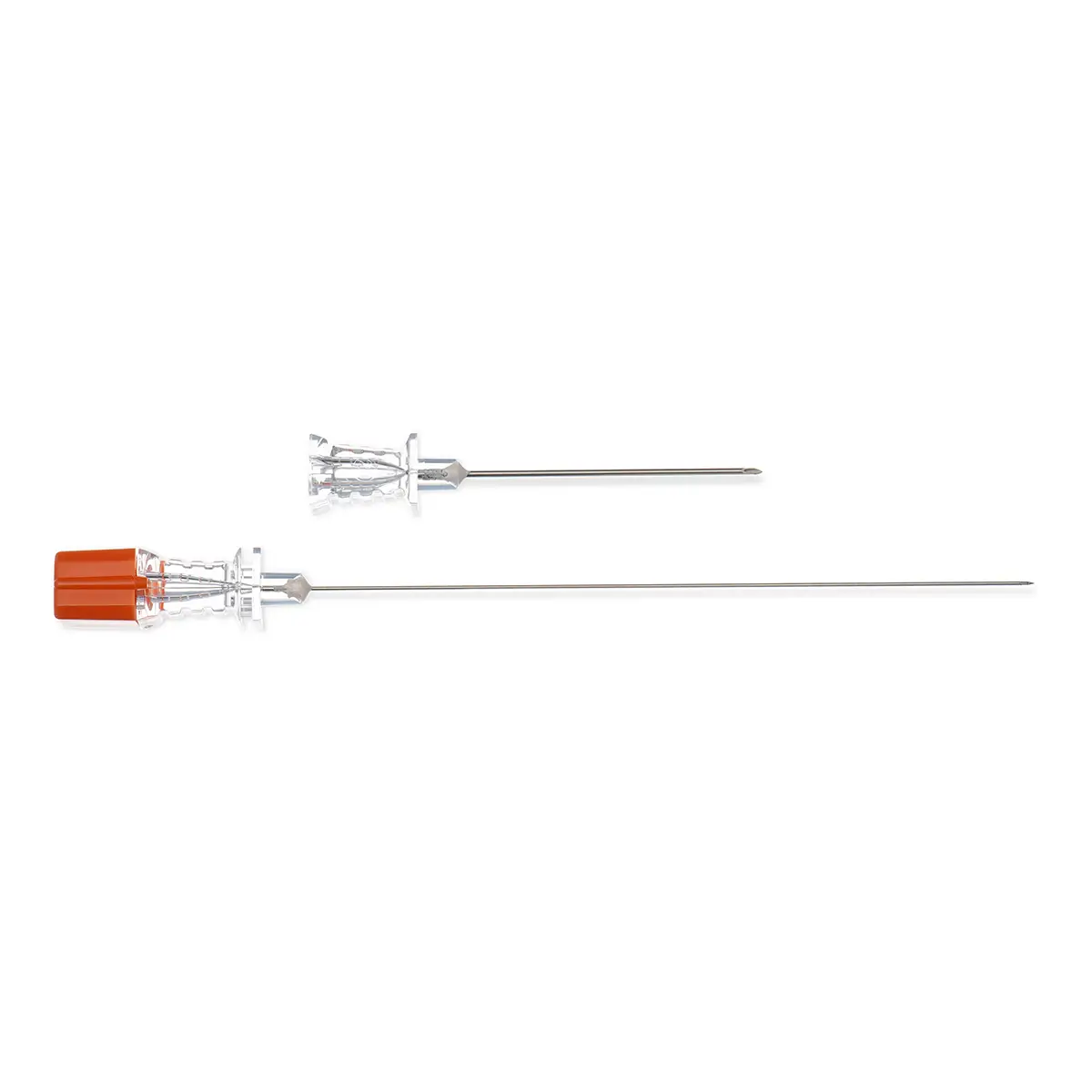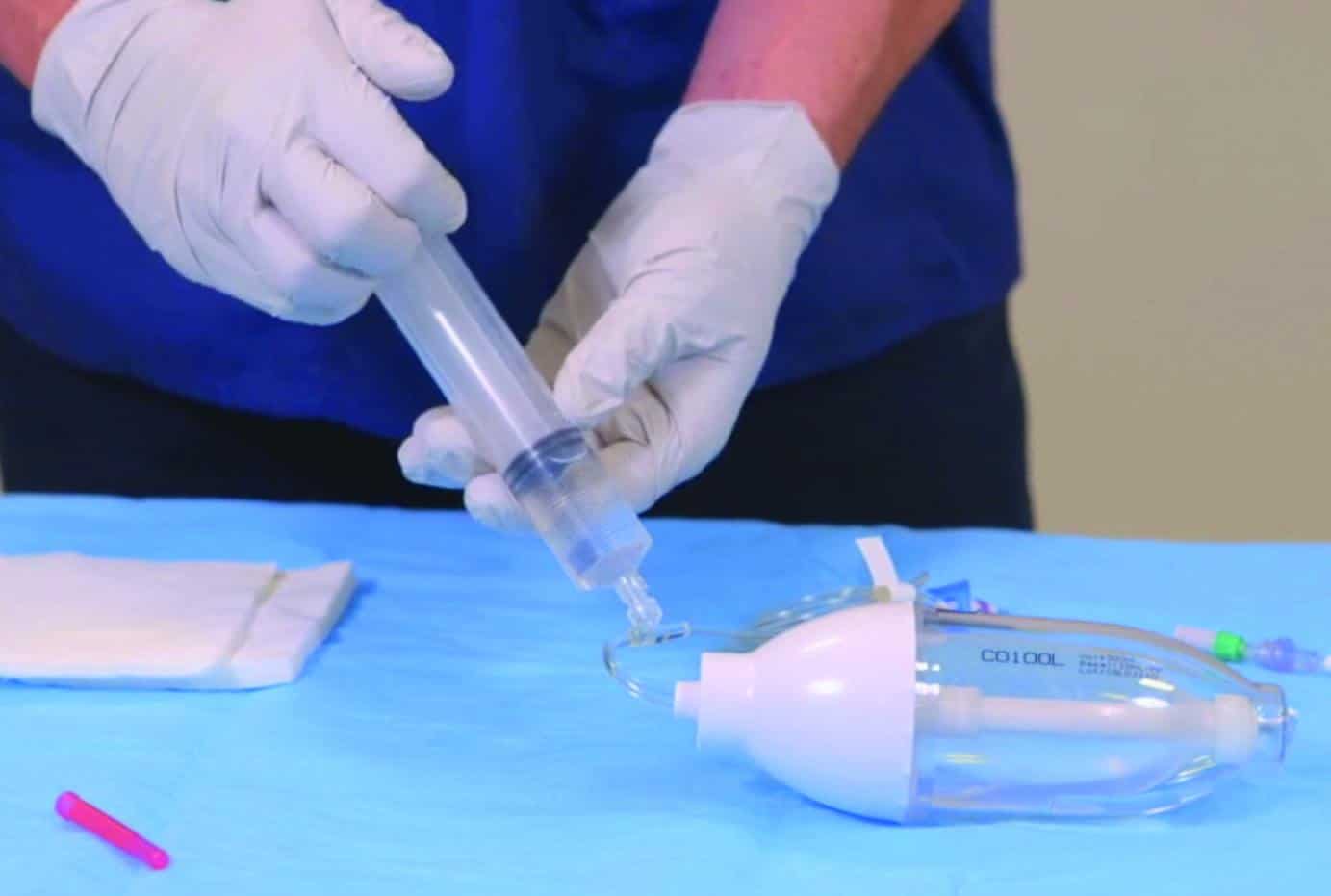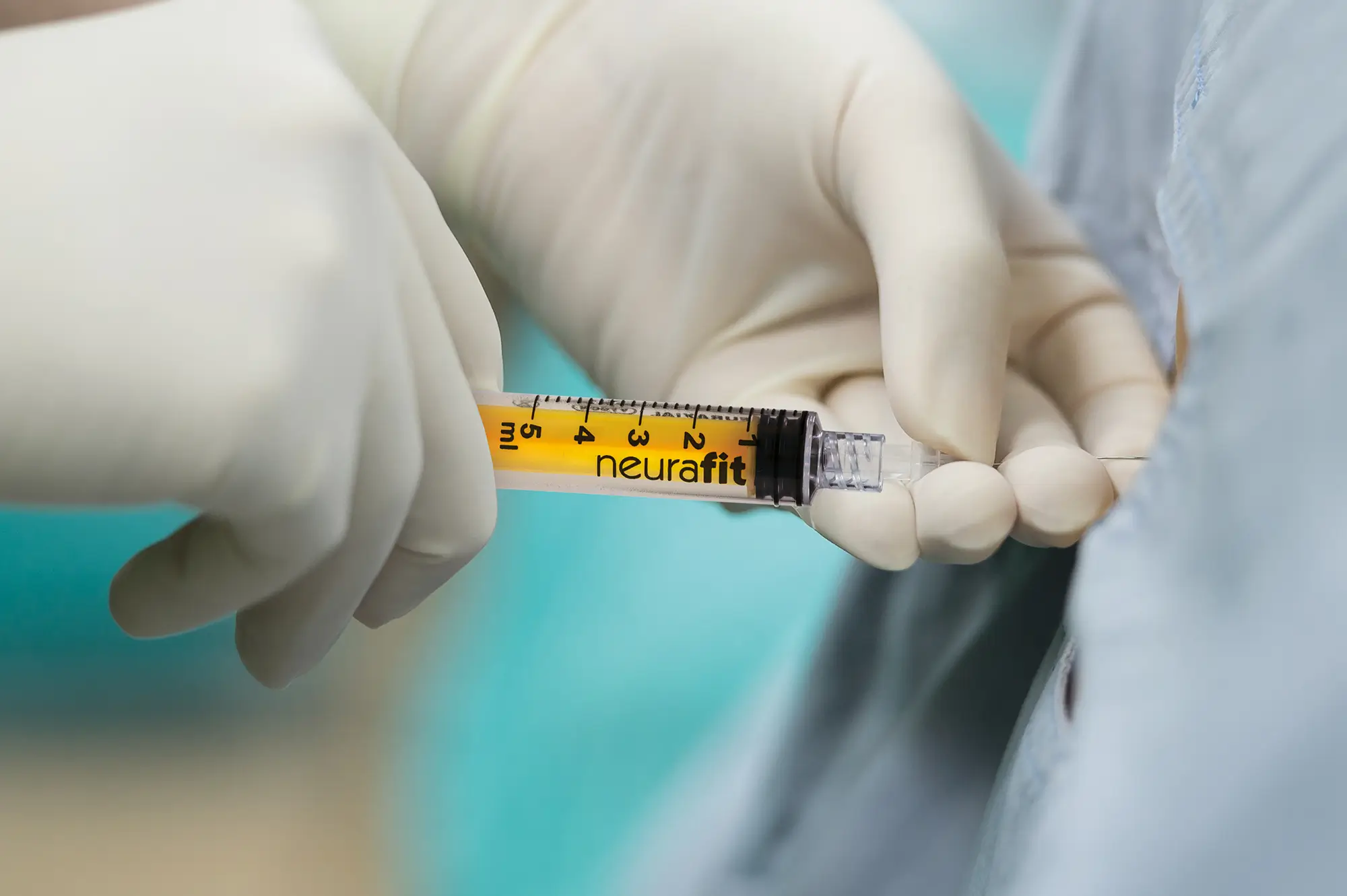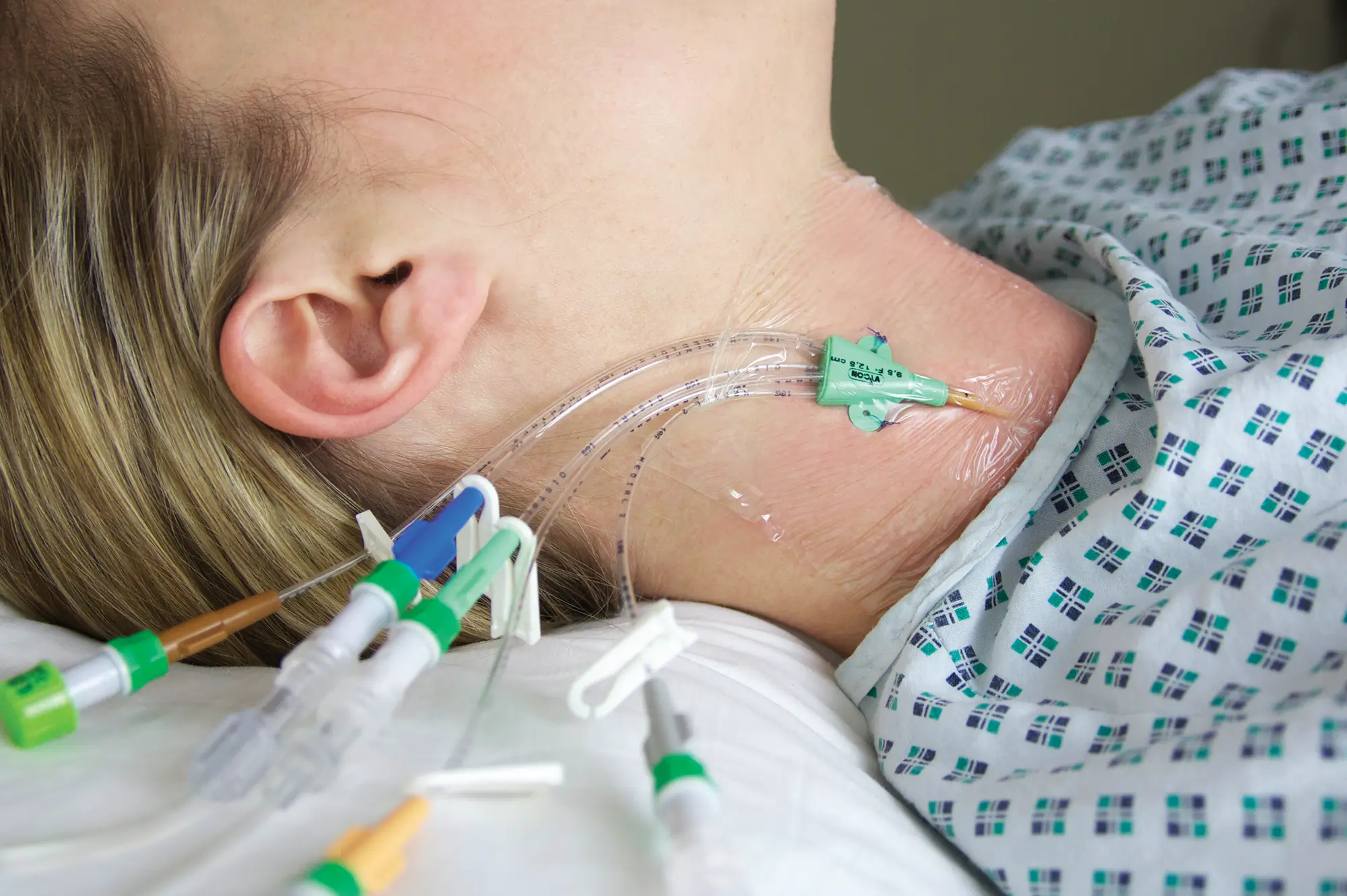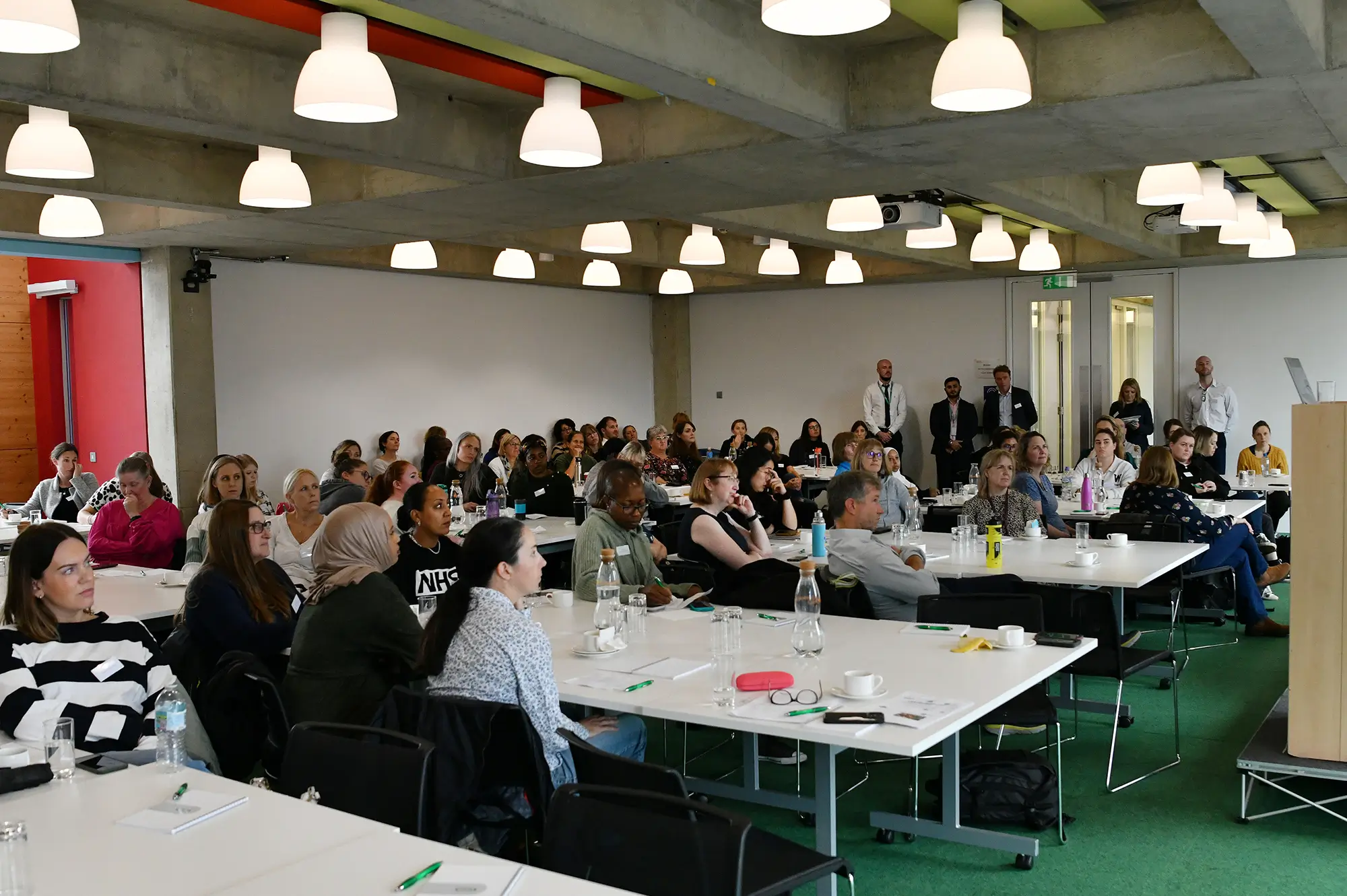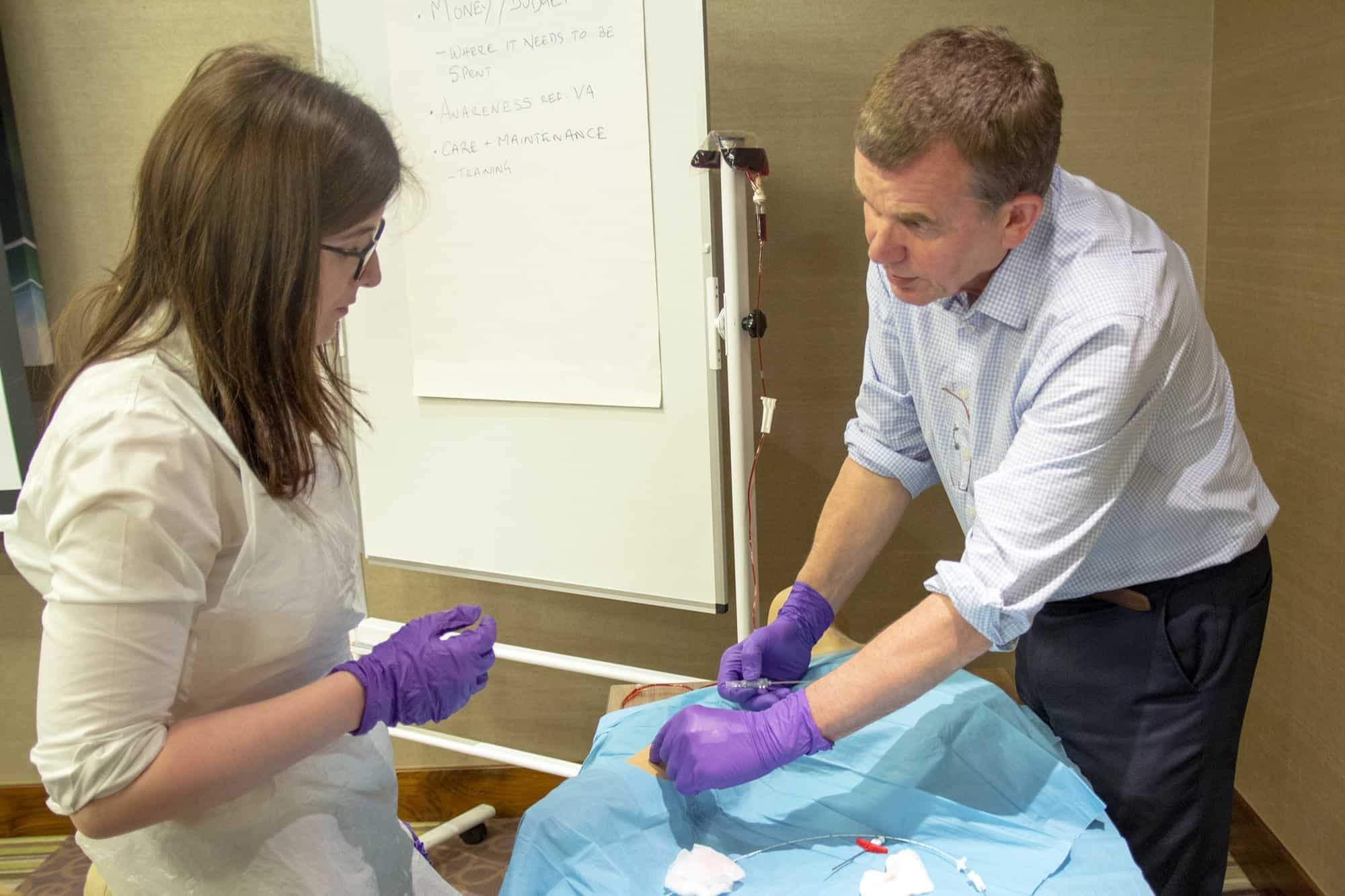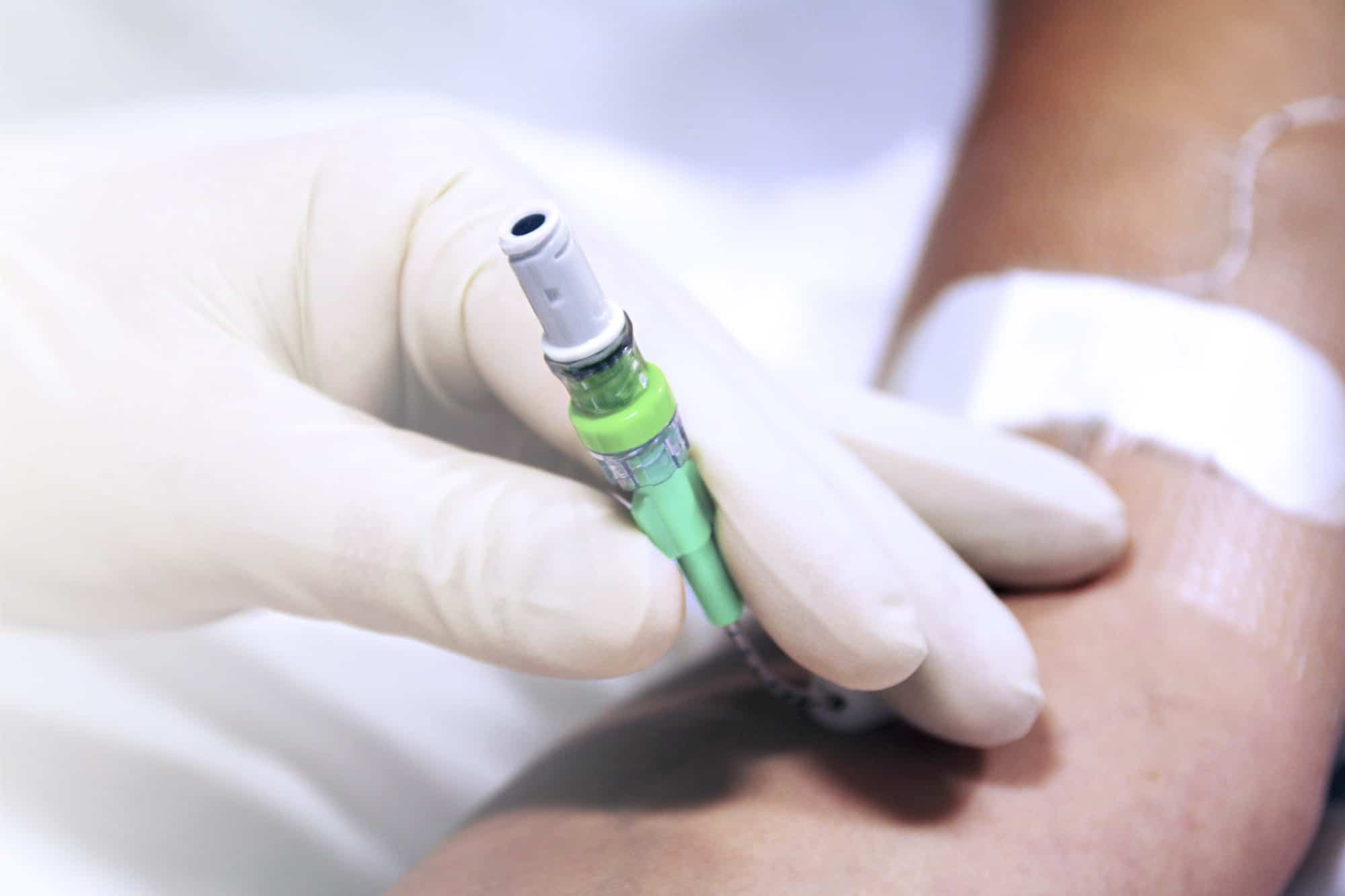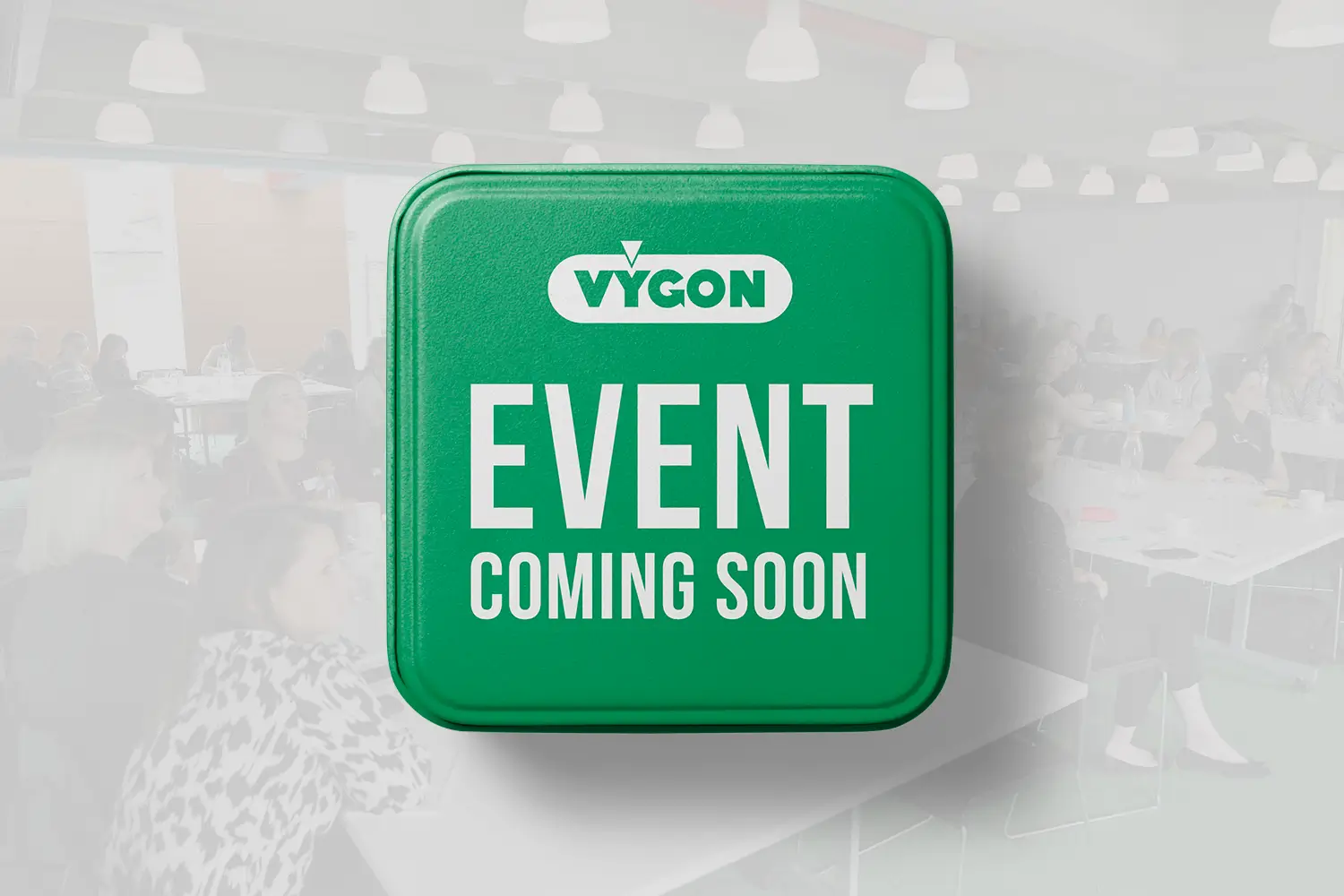Vygon launches Surfcath™ dedicated to helping improve the technique of delivering life-saving RDS treatment for neonates
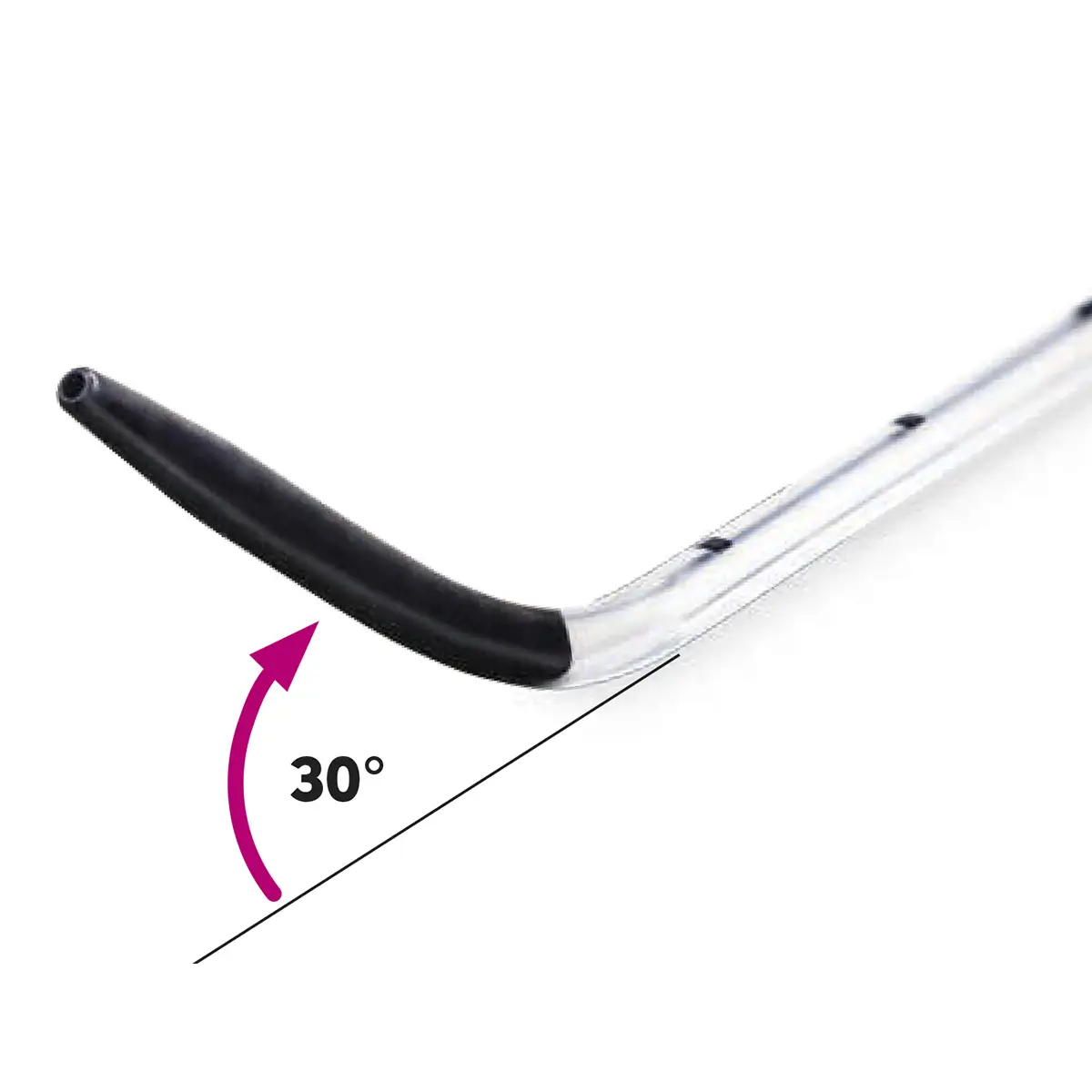
Surfcath™, a specially designed catheter to deliver life-saving surfactant to premature babies, is now available from Vygon.
Surfcath uses the LISA (less invasive surfactant administration) technique to deliver surfactant to patients with Respiratory Distress Syndrome (RDS), a leading cause of death in neonates.
Designed specifically for this critical ‘golden hour’ procedure, Surfcath benefits from several features to ensure the treatment is delivered safely, effectively and more accurately.
They include:
- A soft, curved distal tip to gently follow the airway anatomy and minimise tracheal lesions and damage to the vocal cords
- A long, 20cm length to ease manipulation of the surfactant syringe away from the patient’s head. At 6Fr it is an ideal size for the smallest of babies.
- A transparent tube with clear markings to enable a visual check of the inserted length and surfactant delivery
- Surfcath’s semi-rigid, bendable properties ensure essential manoeuvrability. This means there is no need to use the Magill forceps for the LISA technique.
Surfcath is the latest addition to Vygon’s ‘golden hour’ portfolio and was designed in partnership with a leading neonatologist to provide the best possible care for premature babies in the first few hours after birth.
Preterm infants face a number of challenges and RDS, a breathing disorder resulting from surfactant deficiency in underdeveloped lungs, is reported in about 90% of babies born at 24 weeks and 80% of babies born at 28 weeks1.
“The LISA technique has transformed the treatment of RDS as it uses a thin catheter inserted through the vocal cords to avoid unnecessary intubation and airway obstruction,” explains Nils Mundy, Product Manager for Vygon’s Obstetrics, Neonatology and Enteral Business Unit.
“However, many of the techniques use the Magill forceps, a bulky device that is not easy to use and could lead to injuries in the mucosa.
“The special design of Surfcath means the Magill forceps do not need to be used and we are able to remove a risk of injury, or discomfort. This is a key driving force for all our products, but nowhere is it more important than for the tiniest and most vulnerable patients.”
Reference
- David G. Sweet et al. European Consensus Guidelines on the Management of Respiratory Distress Syndrome – 2019 Update https://nightingale.vtoxford.org/reports.aspx. Of the 8,156 babies from Europe for whom data were submitted to the Vermont Oxford Network during 2017, RDS was coded for about 80% of babies born at 28 weeks’ gestation increasing to 90% at 24 weeks’ gestation.
Contact us
For more information on Surfcath™ or any other product in the Vygon range please complete the form below.

